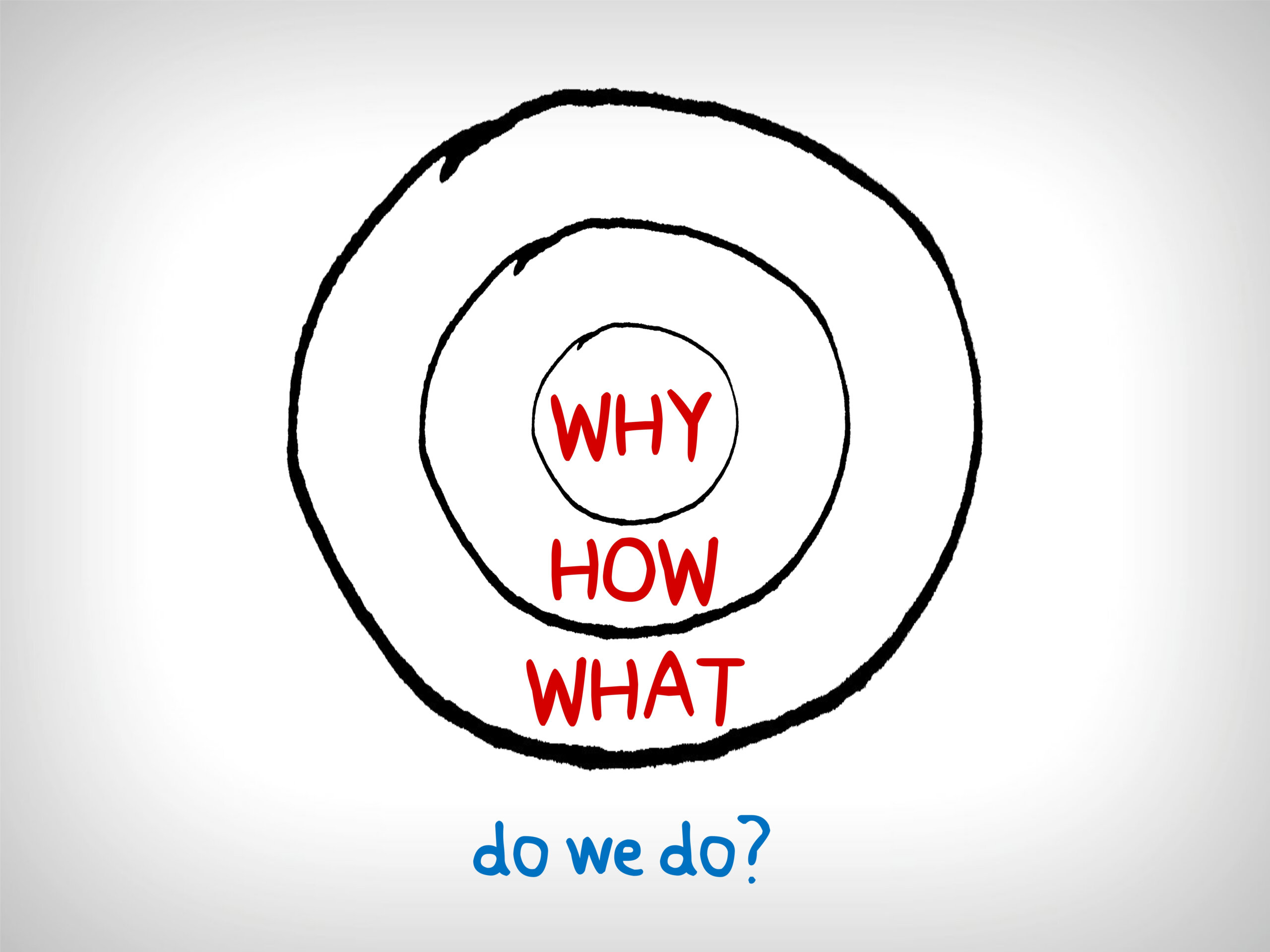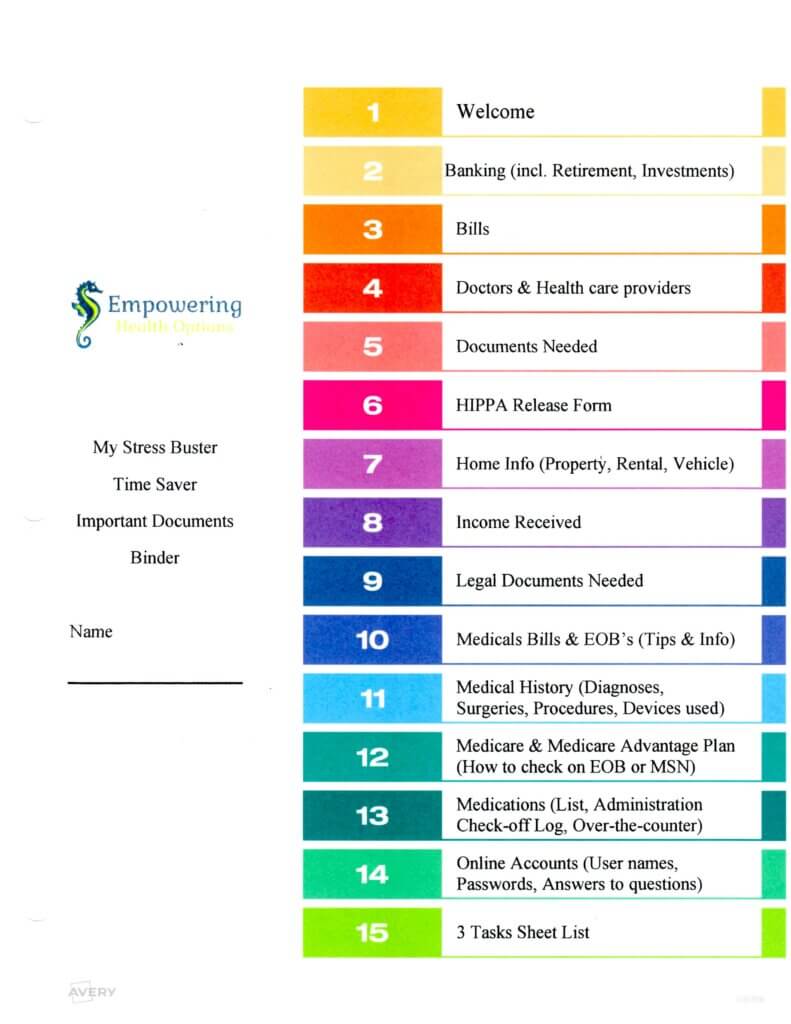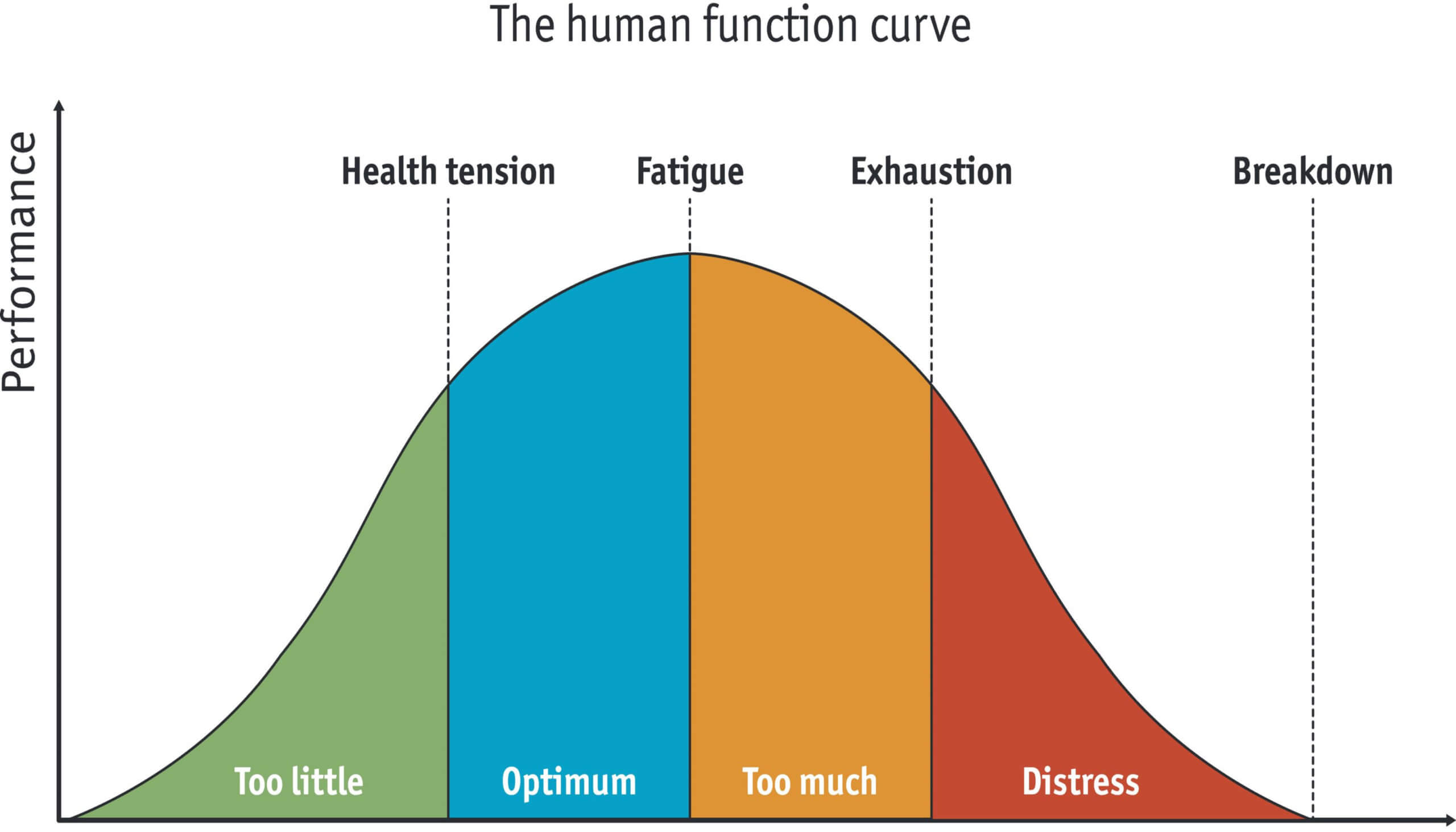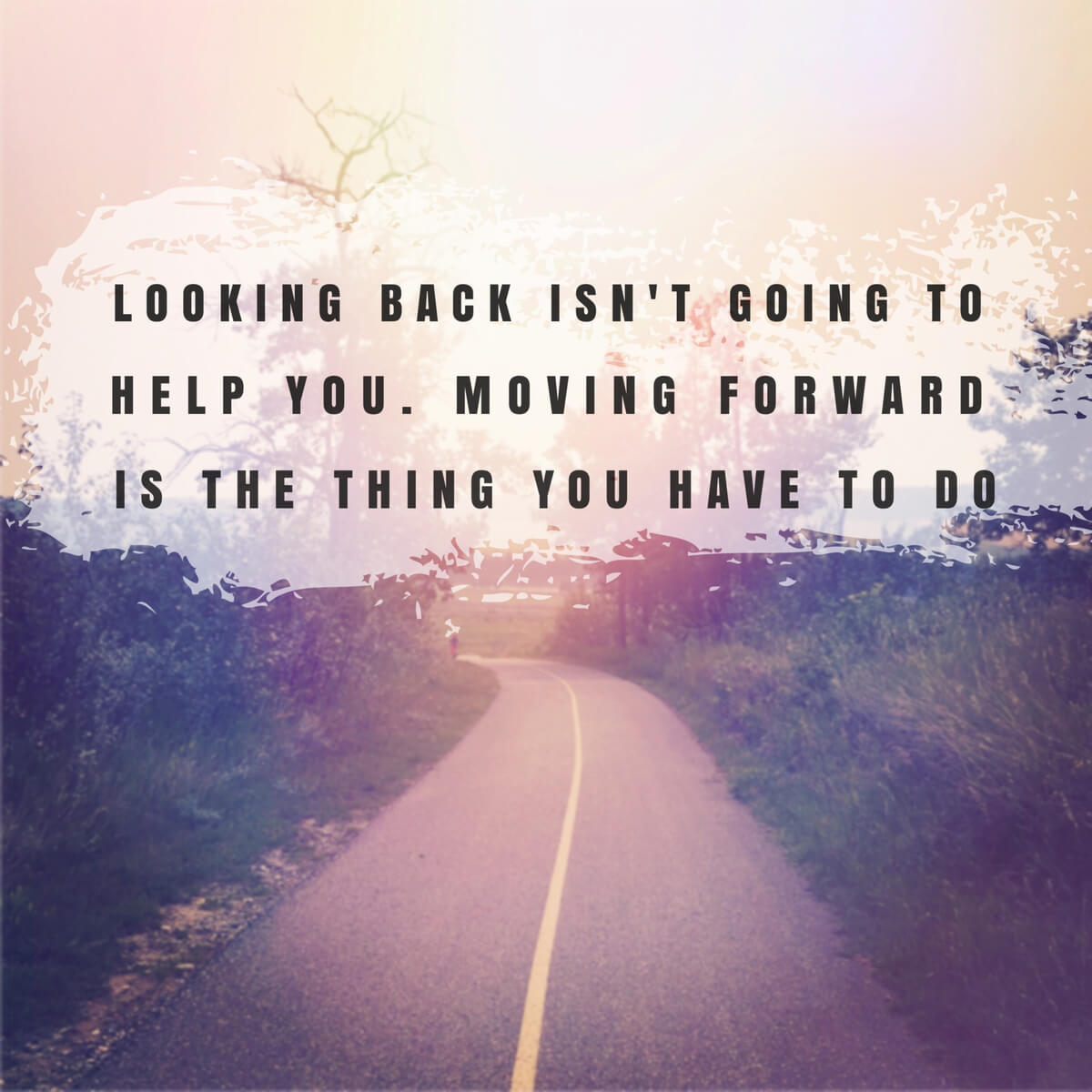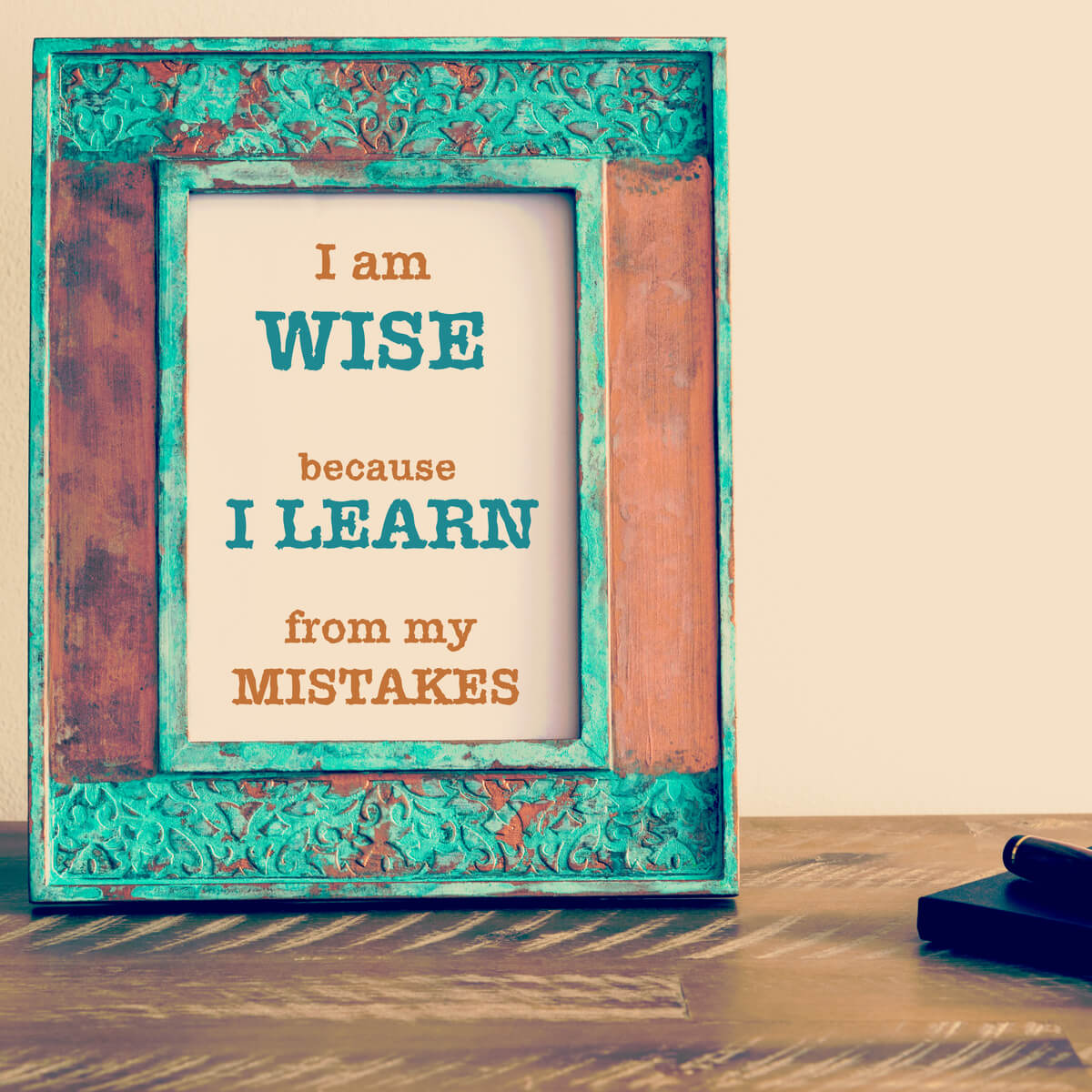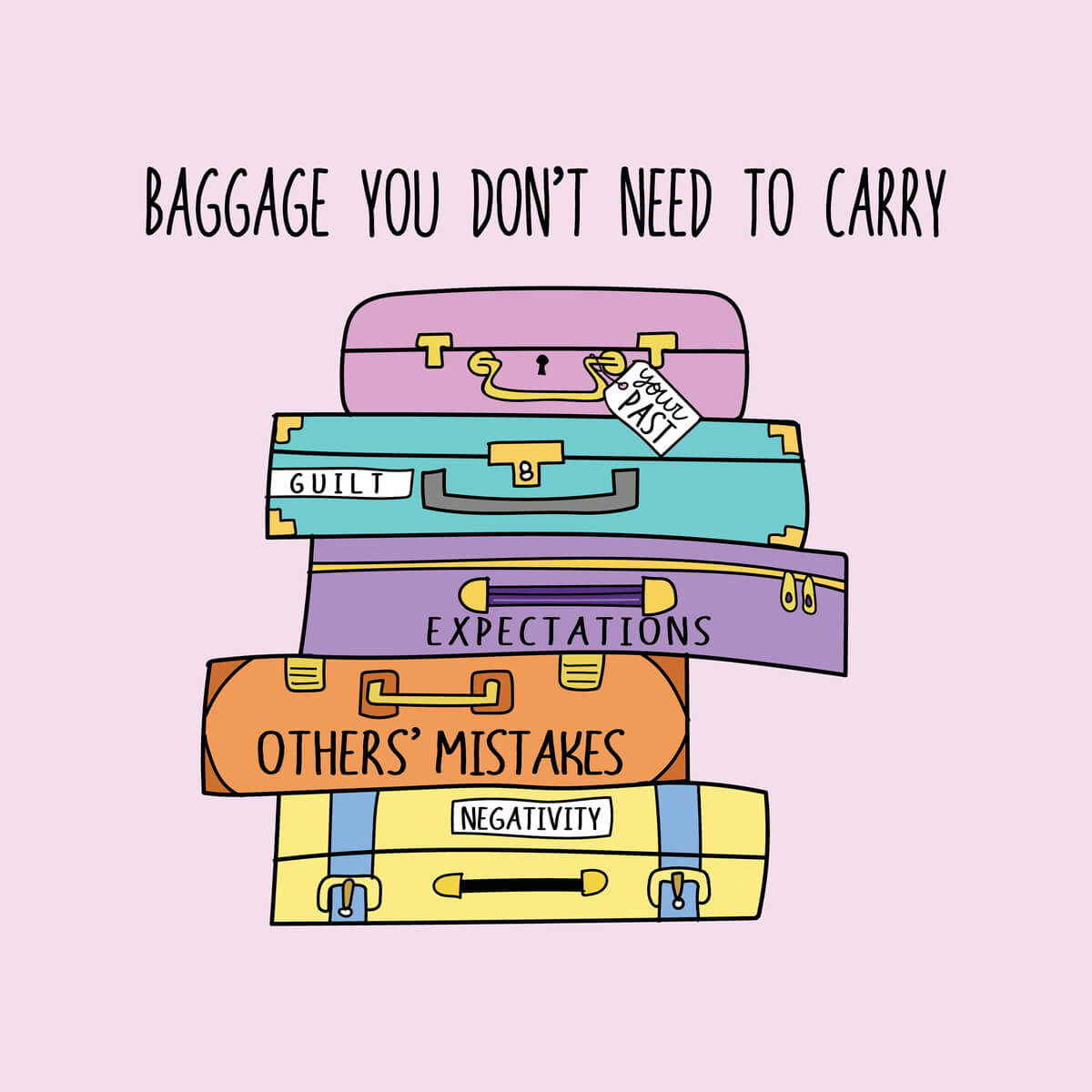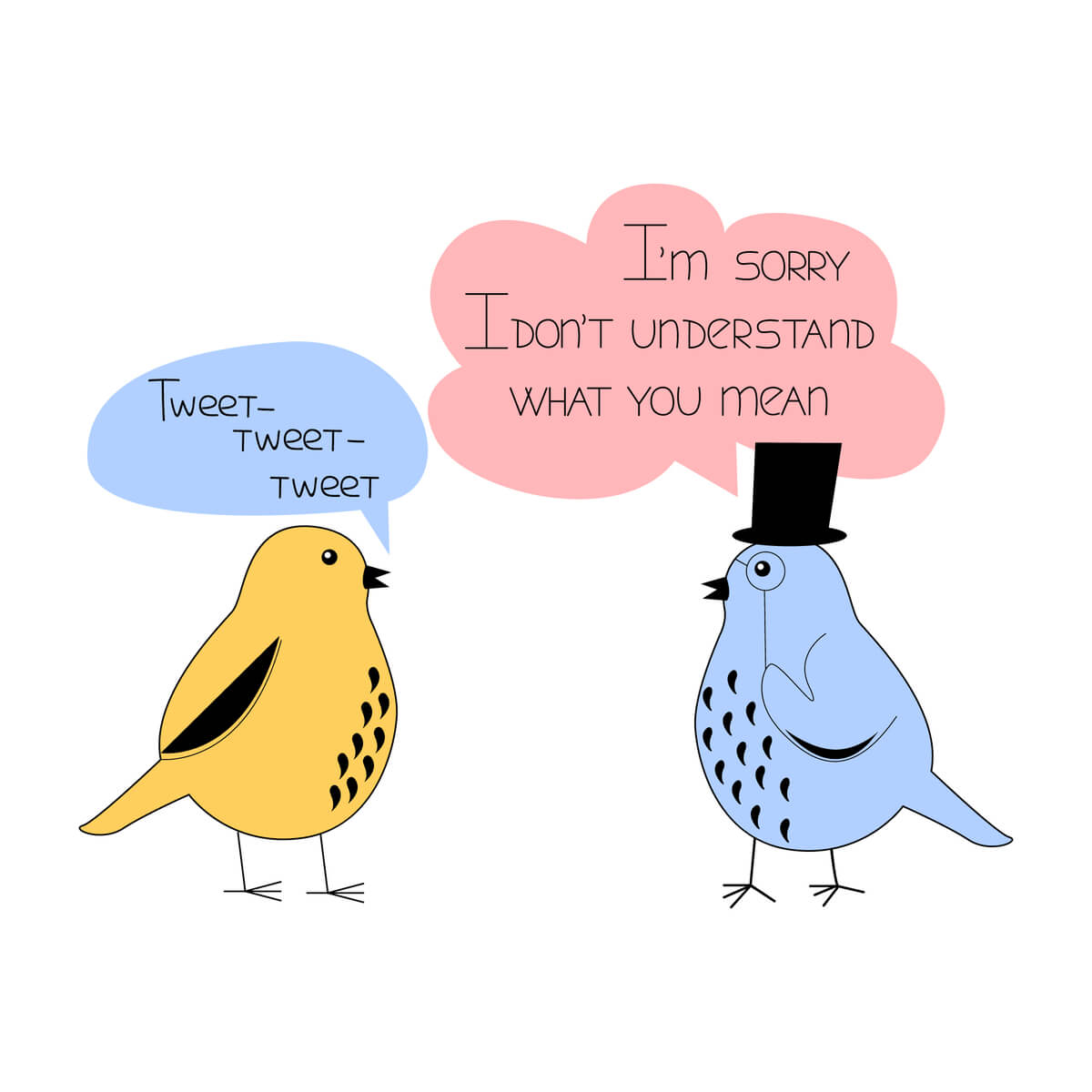
You are running around, feeling like a piece of taffy being pulled in six different directions at one time. Pulled by your job, pulled by your partner, pulled by your kids, pulled by your loved one that needs help, pulled by your own home chores, and pulled by your social obligations. Being a caregiver piles on more stress.
Many of us have felt that pull, with no end in sight. You are handling one problem after another and they aren’t crises, they are just everyday stuff. The mundane stuff even. The yard needs to be mowed, the car needs an oil change, this kid needs to go here at 6 and the other one needs to be there at 6, you need to make a hair appointment, there is a doctor’s appointment that you need to attend with your loved one and you project at work is coming due.
If you are a control freak, like I am, then you must have a plan and work the plan. There is no room for additions or changes to said plan once the plan has been figured out and ready to be implemented. It does not matter how well you have planned the who, what, where, when and how…something always arises to throw a monkey wrench in the works. Oh hell, now what am I going to do? Hopefully, you have learned to pivot.
The monkey wrenches that caregivers face
First, you have to determine where and when this monkey wrench will have to go in the plan. Is there a place or a workaround? If yes, then we are still good to go. But what if the monkey wrench blows up the plan? We scramble. What can we drop or pass off to someone else? What can we change or delay? All of these thoughts are running through your mind and you are running through the scenarios with the possible outcomes. You are also pissed that your plan is being messed with. You get madder and more frustrated by the minute. Your physical and mental health takes a hit.
What else is running through your mind? Be honest. If my brother would just help out more (or even a little), things would be so much easier. If my sister was not such a drama queen, we could work together and things would be so much easier. Why am I the only one taking care of this and making sure it gets done? I have a big project that I am working on and I do not have time for all this extra work and stress. Dinner? What do you mean, what is for dinner? Pizza Hut delivers, that is what is for dinner. Hey, where is my uniform? Did you wash it? The dog peed on the floor. Can you help me with…? All of these thoughts are running through your mind. You don’t realize that your mind is going 90 miles an hour. Why would you, your thoughts have always run through your mind. But now, now it is different. They are more than just thoughts. A lot more. They have become situations. Situations that have consequences and must be dealt with. Caregiving responsibilities increase over time, too.
You have more responsibility as a caregiver
What makes the thoughts different? You have more responsibility. You know that you will have situations arising that will require you to make choices that have a real impact on someone else’s life. It is not easy to explain this to others that have not experienced it. Even if you did explain it, they still would not understand it. For other’s that have experienced it and gone through it, no explanation is necessary. They get it. It is true all relationships are different, wants, needs, and feelings are different. No one will ever know how you truly feel or what you are going through personally. They can’t, they are not in your head, they have not had the experiences that you have had. They can empathize and they may even tell you that they know how you feel. Most of the time what they really mean is, “I know what I went through and I know what you are going through.” They mean well and they are truly trying to help. Our own relationships and our own experiences shape us in to what we are today. I can only look at things from my perspective when I was dealing with my mom and Multiple Sclerosis and my dad as primary care giver. I can only see things that we went through individually and as a family. I cannot imagine not loving your mom and wanting to help in any way that you can. I cannot imagine not being able to speak my mind and disagreeing with my mom or dad and that being okay. Other folks cannot do that, they are not allowed to express their opinion.
I did work with a family that did not really care about their mom. They were in two other states and their mom was in a third state. At first, you think that they do care what happens to their mom, but the more you talk and ask questions the more you find out that they want their mom taken care of, up to a point. That family did not want to be bothered with coming in to see her or to do what was best for their mom. They did not want her needs to impact what they wanted to do in any way, shape or form. I did my job and made the recommendations for their mom and did what I could at the facility she was in (she had great caregivers at the assisted living facility) to provide the mom with the best quality of life possible. I decided that I would never work with a family that did not love or care about their family. If you love them and want the best for them, then we can work together. Does that mean you have to be the “hands-on” caregiver? No, not at all. It only means that you love this person and want them to have the best quality of life possible for them. I am not a hands-on care giver; it is not in my wheelhouse. I am not good at it. I am good at managing and deciding on the care that you need and want. I am much better at visiting, talking with them, going out to eat and being with them than I am providing the hands-on care of bathing, dressing, and all of the other activities of daily living.
We do chase a rabbit or two, don’t we?
What are the three things that would decrease caregiver stress?
adaptability
[ uh-dap-tuh–bil-i-tee ]
the ability to adjust to different conditions or circumstances https://www.dictionary.com/browse/adaptability
Are you able to adjust to different conditions or circumstances? Think back to the monkey wrench being thrown in to your plans. Ho do you react when things do not go according to your own plan? How do you respond? What goes through your mind?
Do you have a sinking feeling? A woe is me, awful feeling? Your plans have unraveled. How could this happen? Everything was set up and planned. Do you try to regain some type of control over the situation? Try to find a way to fix it? I know that I do. I try to fix it, for I must be in control. Look at all the negatives that this monkey wrench has caused. That son-of-a-bitch! (That is my favorite curse word phrase.) How long does it take you to stop looking at the problems that monkey wrench has caused? Fifteen to twenty minutes or much longer? Some folks get stuck and fixate on the negative consequences the monkey wrench caused for days. Do you have the luxury or time to be focused on the imploded plan or would you be better served by working on a solution? Asking “Why?” will always keep you stuck. Ask “How do we move forward?”, will get you unstuck.
You cannot control the outcome, only what you do and how you act
Recognize that some things are beyond your control. I know that this is hard. I also know that when I stop railing about what happened or what went wrong, I am able to figure out a solution and maybe even a newer much better plan You don’t have to like it. You cannot exert your will over something that you have no control over. Look up the definition of insanity.
All is well. All will be well.
Get a grip and look at the overall picture. Is everyone still alive? Then, all is well. All will be well. Take a few deep breaths and tell your thoughts to shut up. You have work to do and your pity party is stifling your ideas.
What is the next opportunity? Okay, this got all screwed up and maybe you feel defeated. Your feelings can and will lie to you. Thoughts are just thoughts until you attach some kind of meaning to them. You do not have to act on thoughts or feelings. Take a few minutes and let your fight, flight, freeze or fawn settle down. Well, it will actually take about 30 minutes for it to really settle down.
Plan implosions or detours can sometimes work out better than what we had originally planned. If you are optimistic and at peace you know that things will work out. You don’t always have to know the how. Sometimes you have to trust the process. At all times you have to trust God to provide you a peace beyond all understanding.
Practice adaptability. It is not natural and it will take effort, but once you learn it you will be less stressed and more in control of your own reactions and responses.
flexibility
[ flek-suh–bil-i-tee ]
the ability to bend easily or without breaking:
the quality of being easily adapted or of offering many different options:
the ability and willingness to adjust one’s thinking or behavior:
https://www.dictionary.com/browse/flexibility
Have you heard the phrase, “Be like a willow, bend but don’t break.”? You may feel like you are dealing with so much stuff that you are about to break and those types of platitudes may actually cause you to break. You don’t have to break. You will, if you do not make some changes in your life. You see the three definitions above. Are you willing to make some changes in your own thinking and behaviors? Are you willing to take care of yourself physically, mentally and emotionally so that you can be a productive, able-bodied caregiver? Or are you going to stay as you are and be completely miserable? Being a care giver does not have to be awful. Being a care giver does not have to wreck your life. Being a care giver can be a blessing. It is not easy, but it may be worth it. Most of the time you cannot change the situation, but you can change your attitude.
Manage your stress to help prevent caregiver burnout
Manage your stress. Do not suppress your anger, rage or resentment. Deal with those types of feelings in a healthy way. You always have choices. You will feel distressed. You will always wonder if you are making the right decisions. Try accepting the situation as it is. Just because we accept the situation as it is, right now, does not mean that we don’t seek solutions and better ways of doing things. I will never give up on a person. I will always do my best to find doable and workable solutions for them to have the best quality of life possible as well as the whole family. Along with accepting things as they are, what can you be grateful for? It is hard to train our minds to find the positive things or things we can be grateful for. Our minds automatically go to the worst-case scenario or to the “problems.” Pay attention to what your thoughts are at certain times of the day or when you have a headache starting or a lower back pain issue. Do you find yourself thinking about all the “bad things” that may happen or all the ways things can go wrong? Have you noticed that the worst things rarely happen?
What makes you desperate? Pain? Uncertainty? Pressure to make a decision? Inability to find good information? Not having a strategy? Unable to evaluate the plan effectively and make necessary changes?
Good information
We all suffer from information overload. TMI. What is good information? How do we know it is good information? Is it relevant to our situation?
You can find most anything online. How do you qualify it as good information? How do you find reliable sources? Public libraries have good databases that you can use. A reference librarian is of enormous help.
Use the CRAAP test.
Currency – When was the information written or posted?
Has the information been revised or updated?
Is the information current or out-of-date for your topic?
Do the links work?
Relevance – Does the information relate to your topic or answer your questions?
Who is the intended audience?
Have you looked at a variety of sources before determining this is the one you
will use?
Authority – Who is the author, publisher, sponsor or source of the information?
Are the author’s credentials listed?
Are the credentials legitimate?
Is the organization legitimate?
Can their qualifications be verified?
Is there contact information available?
Accuracy – Where does the information come from?
Is the information supported by evidence?
Has the information been reviewed?
Can you verify the information in another source or from personal knowledge?
Does the language or tone of the article seem biased or emotional?
Purpose – What is the purpose of the information? To inform? To sell? To teach? To
entertain? To persuade?
Do the authors or sponsors make their purpose and intentions clear?
Is the information fact, opinion, propaganda?
Does the point of view appear to be impartial and objective?
Are there political, ideological, cultural, religious, institutional or personal biases?
So, you see…” They said and I heard” are the two biggest liars in the world.
Pat
 Good relationships take work on the parts of both people involved under the best of circumstances. What happens when one of the partners becomes seriously ill or will need help for more than six months? It may be from a stroke, cancer, traumatic brain injury, mental health/psychiatric disorders, spinal cord injuries, dementia, Alzheimer’s disease, Parkinson’s disease, etc.
What happens when relationship challenges rear their ugly head? Will you address it? Will you ignore it? Will you stuff your feelings way down deep? Will you deal with it in a healthy way? Decisions, decisions, decisions.
January 25, 2023
Good relationships take work on the parts of both people involved under the best of circumstances. What happens when one of the partners becomes seriously ill or will need help for more than six months? It may be from a stroke, cancer, traumatic brain injury, mental health/psychiatric disorders, spinal cord injuries, dementia, Alzheimer’s disease, Parkinson’s disease, etc.
What happens when relationship challenges rear their ugly head? Will you address it? Will you ignore it? Will you stuff your feelings way down deep? Will you deal with it in a healthy way? Decisions, decisions, decisions.
January 25, 2023

